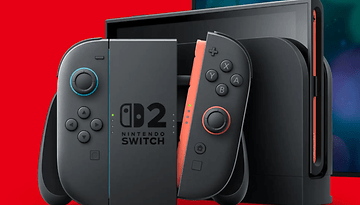Xbox and VR: the game is over and VR won
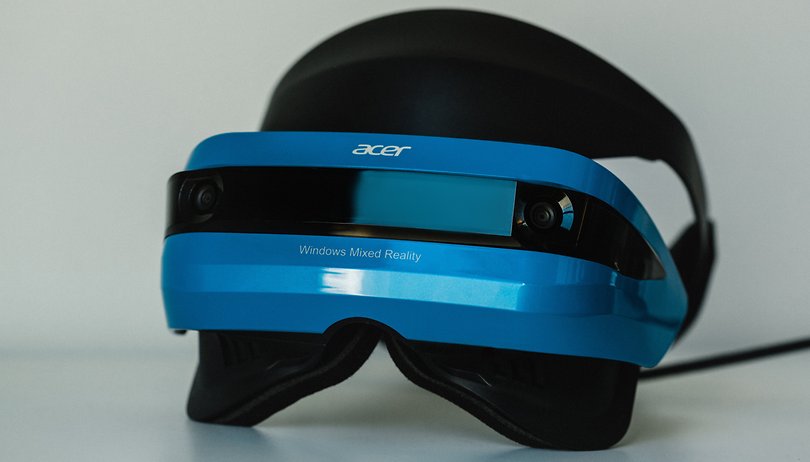

Microsoft presented some interesting things at E3, including a preview of its own game streaming service. Strangely enough, one topic was missing: virtual reality and the Xbox. Microsoft has all the pieces in place to become an important player. But the fact that Microsoft isn’t going all-in is good news for the VR industry.
Windows Mixed Reality may not be the best VR platform, but it has concrete advantages. It requires no cables around the room since the headset provides the tracking. A WMR headset is connected via HDMI and USB, and nothing more is needed. The only thing that could be simpler is the setup of the controllers.
It’s actually the perfect approach to get VR into your living room and to turn Xbox gamers into VR customers. Sure, the headset cables are annoying, but why does Microsoft make every effort to have a big presence on PCs, but not on Xbox? Technically there shouldn't be a problem combining WMR glasses with the Xbox.
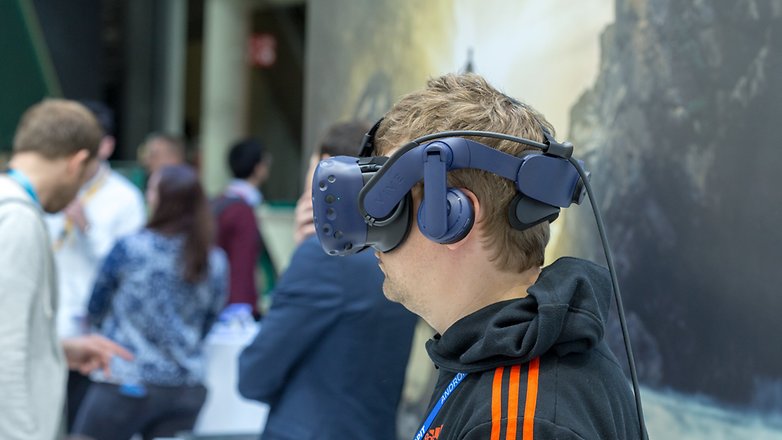
Microsoft: VR for PCs
If you ask me, Microsoft is doing the right thing. The VR qualities of the mixed reality glasses are fine. On the PC, however, WMR headsets position themselves in a niche, whereas the other two platforms Oculus Rift and HTC Vive remain more broadly accessible. WMR is cheap but still functional. Above all, the setup is easy and WMR headsets have access to SteamVR and its large content library, which Microsoft has equipped excellently.
I think that the content is the reason why Microsoft declared the Xbox a VR-free zone. This is because there is an active developer community that creates content for PCs. On the Xbox, on the other hand, each shred of content would have to be adapted separately. In view of the scarce sales figures in the VR area, there are hardly any developers interested in it.
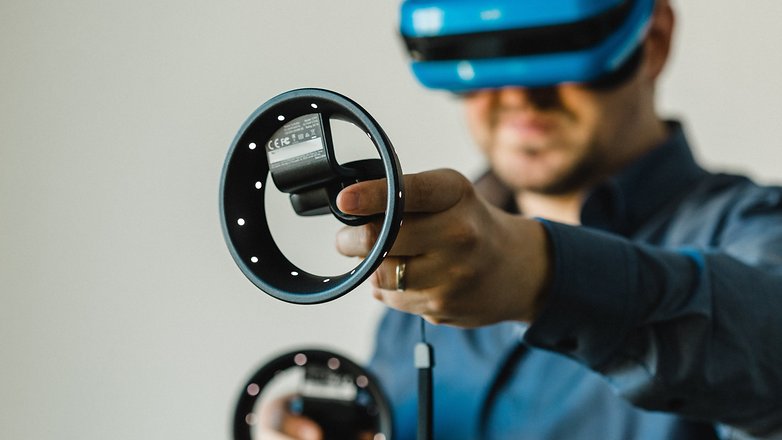
It’s also evident that Microsoft has no interest in getting involved in subsidized financing for VR content. Sony, Vive and Facebook all do this in different ways. In fact, an Xbox One X would be a technically powerful VR platform. But VR is all about the content. An app catalog like StreamVR or Oculus probably isn’t feasible for Microsoft in the short-term.
Without good VR content, WMR would be “dead on arrival” on the Xbox. Microsoft would like to avoid this foreseeable defeat. And VR is probably not on the agenda for the next Xbox generation either.
WMR is no longer a success
If you look at the little data available on the Windows Mixed Reality platform, it becomes clear that VR glasses don’t play a significant role on SteamVR. Just 6% of VR players use a WMR headset, 45% use Vive and 46% use Rift. Even if the success on PCs is modest, a half-hearted presence just for Xbox players probably isn't a winning tactic.
The fact that Microsoft refuses to integrate VR into the Xbox isn’t a technical decision. Instead, the question is what the payoff is economically and strategically. Companies can hardly earn money through VR content at the moment, and that could do some irreparable damage to their reputations. The WMR platform might even cause more harm than good if it were made compatible for Xbox.
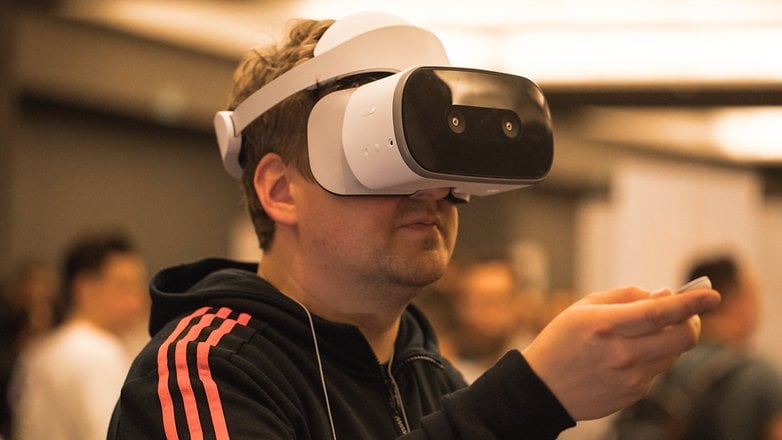
This whole consideration sheds light on Sony’s success with Playstation VR. In the case of Playstation as well, there was a high risk that users would despair in the face of scarce content. Sony, however, has managed to provide enough resources that the platform can celebrate some overall success. Sony is planning to implement VR with the Playstation 5.
With VR on gaming consoles, there will be a better distribution in the market. It will be exciting to see whether systems like Oculus Go, the Lenovo Mirage Solo or the Vive Focus try to set new standards. So VR seems like it's on the verge of something groundbreaking.
Do you feel like you're missing out on VR on your Xbox?


